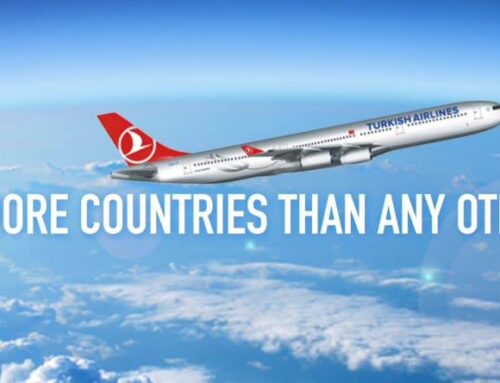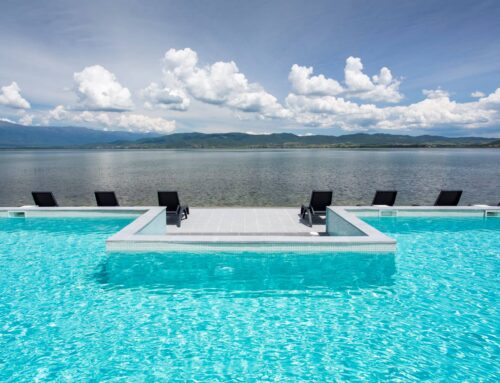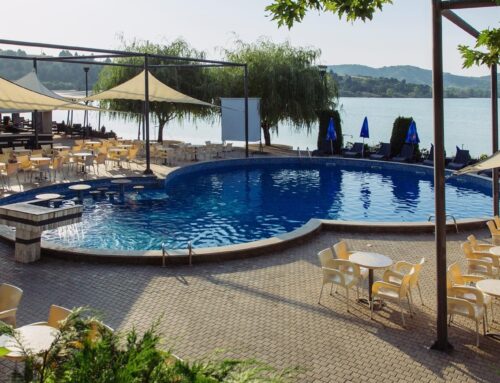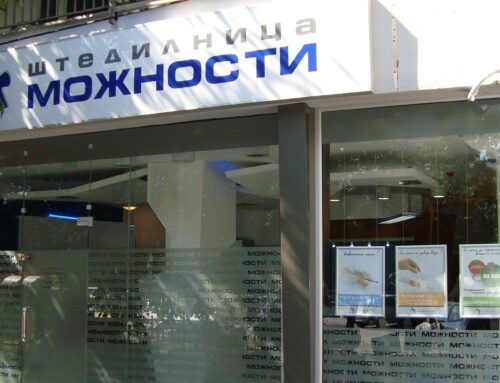
Dr. Gjorge Ivanov, President of Republic of Macedonia since 2009, was born in Macedonia in 1960. He had a distinguished academic career before entering government service, serving as a professor at the Law Faculty in Skopje, visiting professor at the University of Athens and other institutions, and as the president of Macedonia’s Council for Accreditation in Higher Education. A supporter of free-market principles and political pluralism since the Yugoslavia era and as leading expert on civil society, he is also known for his commitment to bringing Macedonia into the EU and NATO and to promoting peace in Europe.
European Times: What progress has Macedonia made since the fall of Yugoslavia?
Gjorge Ivanov: Macedonia has been an independent nation for 24 years and is committed to supporting a thriving, modern, open economy with a democratic government and a high quality of life. Macedonia successfully achieved the difficult transition to democracy and a free-market economy and is focusing on joining the EU and NATO, in spite of opposition from Greece. My government is dedicated to responding to the needs of the people of Macedonia and being very open to all. We have established People’s Offices where citizens can express their views. The government of Macedonia is also determined to offer the right conditions for the private sector to thrive. Thanks to the government’s reform measures, Macedonia now has a favourable business climate and is attracting more and more domestic and foreign investment.
European Times: How has Macedonia improved its business climate in recent years?
Gjorge Ivanov: Business is like water. It has to flow downward, without obstacles. If investors face a lot of administrative barriers, they will choose another location for their investments. Macedonia has removed red tape for business ventures. The government’s reforms — for example of the education system, our administration and the business sector — have all been based on fulfilling the needs of foreign investors. We have had to change our former socialist system into one that encourages a free market and a strong private sector. Macedonian companies have demonstrated a willingness to adapt to new conditions and learn from foreign partners, and our people welcome foreign investors. Macedonia has positioned itself as a role model for the region in creating a successful modern economy. Macedonia is also making the most of its strategic location by investing in significant improvements in transport infrastructure, including new roads and highways as well as renovations at the airports in Skopje and Ohrid. Macedonia offers low-cost building land, access to electricity, low costs and many more advantages, which is why Macedonia now has a high “Doing Business” ranking. The hard-working, hospitable Macedonian people remain our country’s most valuable asset.
European Times: Macedonia is the home of many ethnic and religious groups. What is your government doing to promote harmony in the country’s diverse population and enhance inclusive growth?
Gjorge Ivanov: The Macedonian model is inclusive. All ethnic and religious groups have a voice in Macedonia and the Ohrid Framework Agreement is part of Macedonia’s constitution. Macedonia is currently organising an international conference on tolerance, the Global Conference on Dialogue among Civilisations. Macedonia has been a cultural crossroads throughout its long history and today our country cherishes its rich cultural heritage and is a positive example of a successful multi-ethnic, multi-cultural, multi-religious democracy.
European Times: As a former university professor, what is your vision and objective for Macedonia’s young people? Please elaborate on some projects you have initiated.
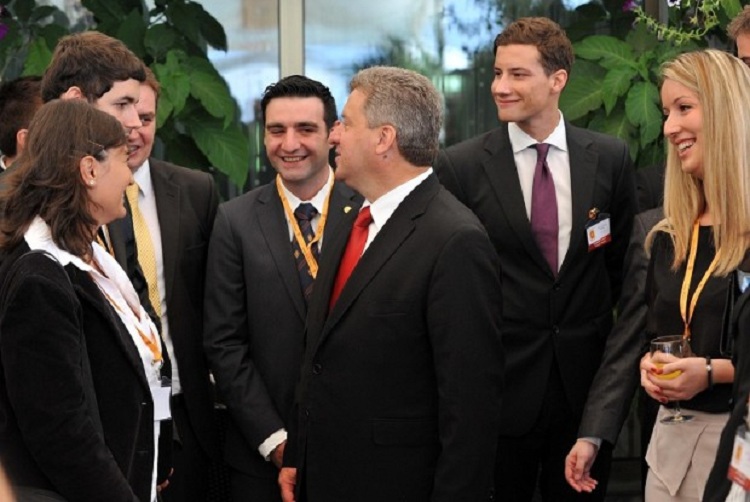
Gjorge Ivanov: I have created many new programmes to encourage leadership among our younger generation. These include the School for Young Leaders, established by me and funded by the private sector for future leaders in business, culture, sports, education and government. Another project is the Best Young Scientist award to honour young people who can serve as positive examples for others. Macedonia already has many successful young people, for example musicians who perform all over the world. My message to Macedonia’s youth is that this country must continue to be dedicated to attaining the highest standards in every area and to supporting peace in the Balkans, a region that has seen too many conflicts. Macedonians want their country to join the EU and NATO because we view the EU and NATO as forces for peace. The present generation wants future generations to enjoy peace and prosperity.
European Times: Macedonia is a country with a rich bio and cultural diversity. How do you see the country’s potential as tourism destination?
Gjorge Ivanov: Macedonia has beautiful mountains, rivers and unspoiled rural areas. In addition, although Macedonia is a young country, it has an ancient, vibrant cultural heritage based on centuries of history since the Neolithic period, including the time when Macedonia was part of the Byzantine and Ottoman empires. The Struga Poetry Festival and the Ohrid Summer Festival, both international events held here in Macedonia, are just two examples of Macedonia’s support for culture. Macedonia also has many monuments cherished by different religious groups, from mosques to churches and our Holocaust Centre, which includes a school. Visitors can view Byzantine frescoes; walk along Macedonia’s part of the Via Egnatia, which was part of the great Silk Road; explore Ohrid’s 365 churches and monasteries; tour historic Bitola or the beautiful painted mosque in Tetovo; and much more. People come to Macedonia for the first time by accident, and then they come back because of their positive experiences on their first visit. Those who have come to Macedonia once will continue to come here, especially because of the people in Macedonia, their hospitality, receptiveness, openness and willingness to communicate. Macedonia also offers wonderful food and great wine.
European Times: What is your personal message about Macedonia?
Gjorge Ivanov: There is an American saying which is very true for Macedonia: the past is history, the future is a mystery, but the present is a gift. I believe that this means that we must work in the present to make sure that future generations can build on a positive past. Our country has already seen significant changes. For example, our ancestors might have spent all their lives in the same village while the country’s national status changed seven times. Their children lived in a country whose status changed six times. My father’s generation experienced four changes of national status, and I have seen two such changes in my lifetime. I want my son and later generations to live in a stable Macedonia where they feel safe and can build on the accomplishments of those who came before them rather than having to start from scratch all over again. I want to ensure that Macedonia has solid foundations on which we can build a bright future for all. The world is in a volatile state, with problems in Africa, the Middle East, Ukraine and other areas causing fear in people all over the world, including in Macedonia. I believe that if we Macedonians promote and support good people with good ideas, the future will be a positive one. My personal message to potential visitors and investors is, “Come to Macedonia!” This country is unique but is also similar to other countries around the world. I believe that if you come to Macedonia, you will fall in love with the country on first sight. I urge you to come and see for yourself what we have, so that you can personally experience the hospitality and openness of the Macedonian people and the many opportunities our developing economy offers to investors.


